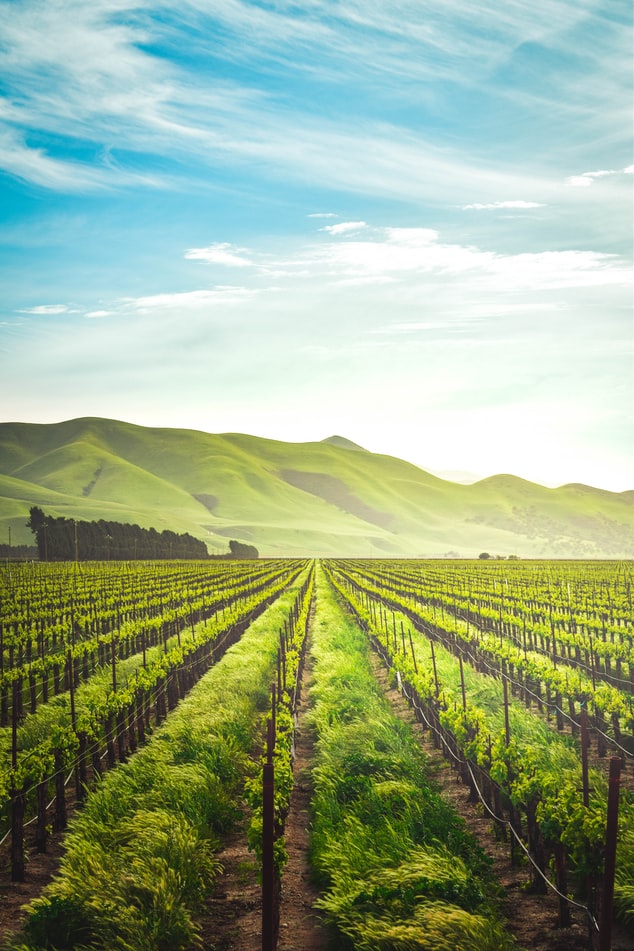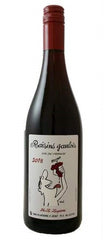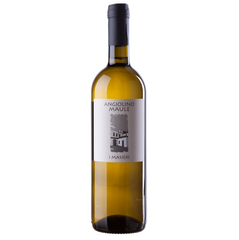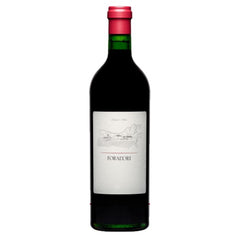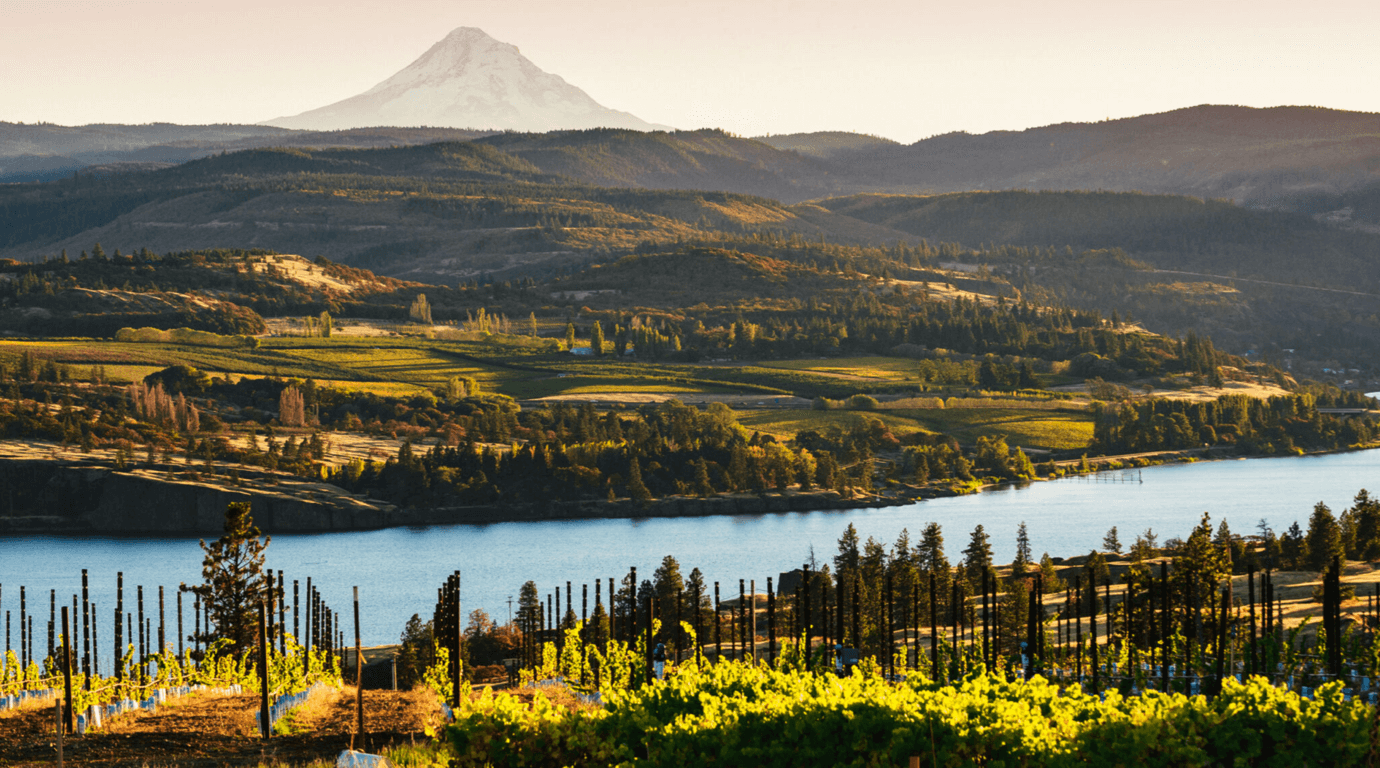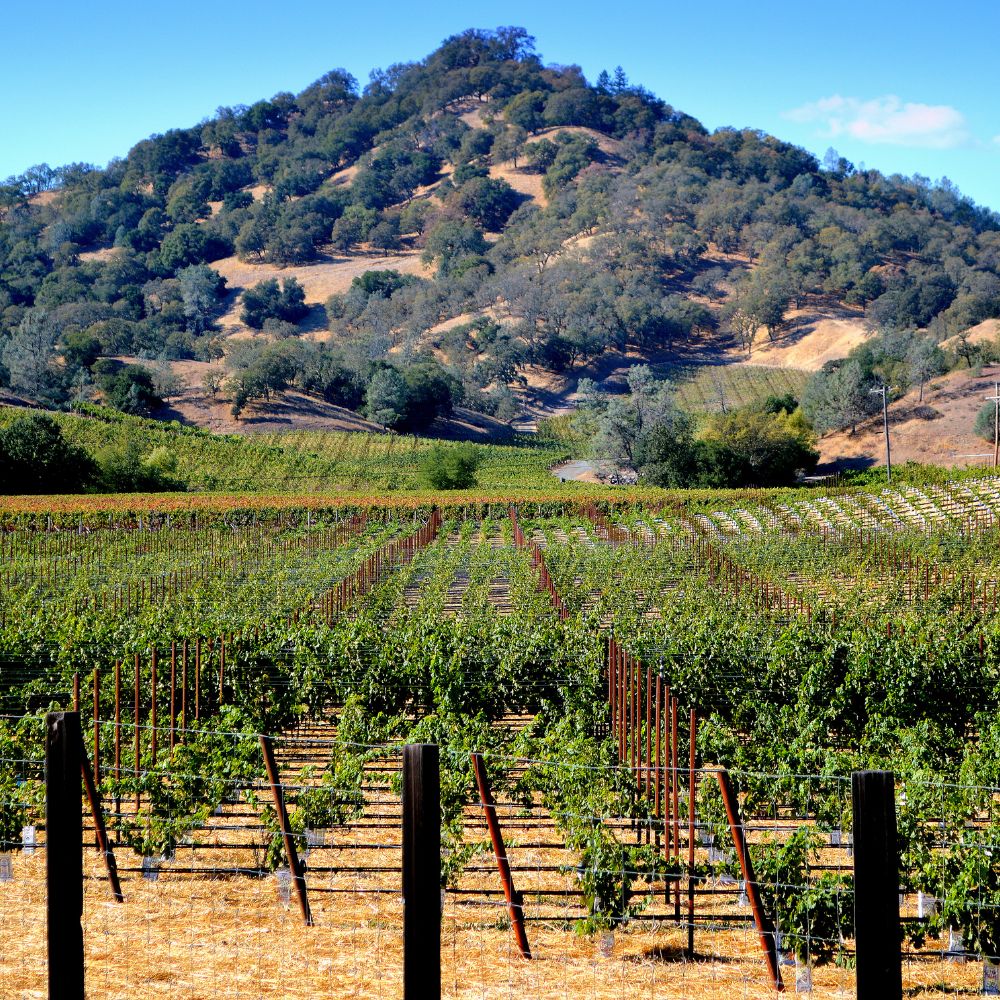“Natural Wine” is a catch-all term used – and sometimes misused, to denote some form of alternative wine: not mainstream, not corporate, not large production, possibly cloudy, probably funky, very likely veering toward orange in colour - definitely with a quirky label, always a reaction against some perceived “sanitised norm” of wine production.
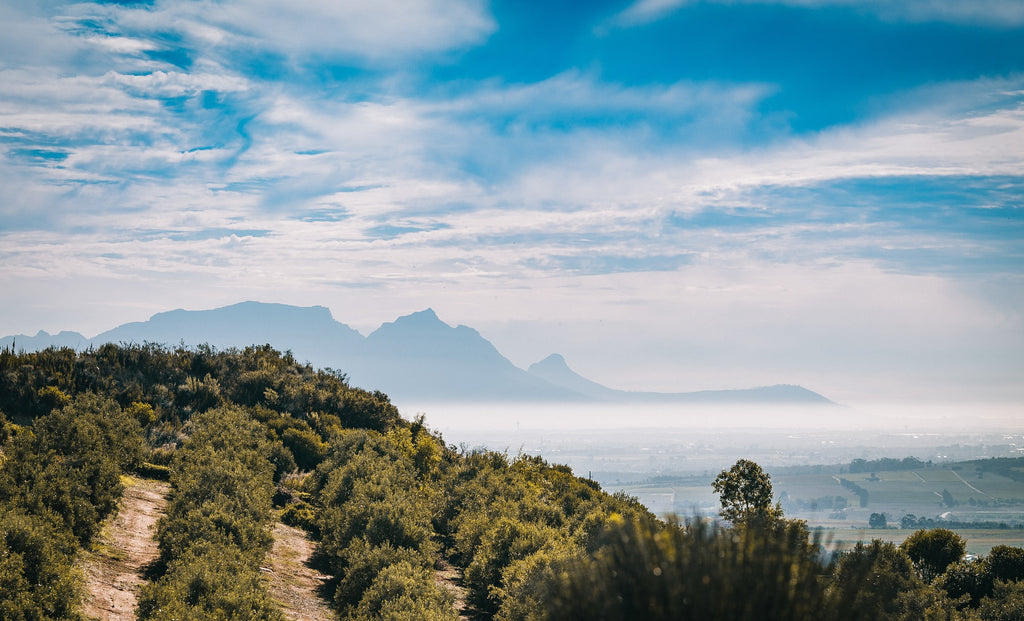
France, with the largest number of natural winemakers, has a long-standing following for natural and organic wines where customers buy direct from growers.
Often natural wine makers use the basic “Vin de France” appellation because their wines don’t conform to the local AC style. For example, if your “Sancerre” (assuming it is 100% Sauvignon Blanc from within Sancerre region) is cloudy, deeply coloured and has none of the recognized aromas or flavours typical of Sauvignon Blanc in the Sancerre region, then your wine won’t qualify for AC Sancerre.
Marcel Lapierre's Raisins Gaulois is a great example of this.
The trend for natural wines has grown steadily outside any form of legal definition. While there are rules covering organic viticulture, in the cellar itself pretty much anything is allowed in terms of additions and processes- apart from slightly lower levels of added sulphur.
All that changed earlier this year when INAO (the body that oversees all Appellation Controlee in France) working with the Nature’l Association, produced a charter providing a formal Appellation for Natural wines: Vin méthode nature. There are two approved logos:
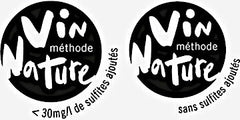
The two are almost identical but for the difference in added sulphur levels. The left logo is for wines with no more than 30mg per litre of added sulphur (which is substantially less than many natural winemakers use) and the logo on the right is for wines with no added sulphur at all.
A stunning low sulphite white from Angiolino Maule
The list of rules regarding winemaking is significant:
To qualify as Vin méthode nature wines must be:
- Made with certified organic grapes
- Handpicked (no machine harvesting)
- Fermented with indigenous (natural) yeasts only
- No additions to must – sugar, acidity, enzymes, tannins, colour
- No processes which change the composition of the wine - fining, filtration, or concentration of the must
- No reverse osmosis, flash pasteurisation or micro-oxygenation
These new rules for Natural Wines describe what many in the wine trade refer to as “low intervention wine making”.
It’s a style of winemaking (whether certified organic or not), which aims to create wines that better reflect the character of the grape or blend and where the vines grow. The primary aim in the vineyards is to grow grapes with naturally balanced sugar and acidity and proper ripeness and, once those grapes reach the cellar, to quote one of our favourite suppliers, “to guide the juice into the bottle with as little intervention as possible”.
Foradori's Teroldego is a great biodynamic and low intervention wine.
Hopefully these new rules on Natural Wines will provoke some debate beyond the trade and widen understanding of what can, or should be done in the cellar, in the name of good winemaking. Paradoxically these new sulphur limits are set so low that many wines currently regarded as Natural won’t be eligible for the new appellation! For those in search of wines with really low levels of added sulphur they are overdue.

